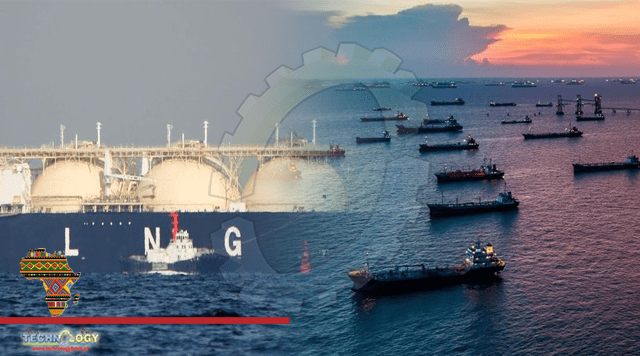Mozambique is set to transform its economy and catalyzing growth through its natural resource wealth, cementing its status as a major global competitor in the process.

With approximately 100 trillion cubic feet of proven gas reserves, the largest untapped coal reserves globally and the largest hydroelectric power facility in Southern Africa, Mozambique is set to transform its economy and catalyzing growth through its natural resource wealth, cementing its status as a major global competitor in the process.
Under the administration of H.E. President Filipe Jacinto Nyusi, the country has implemented a series of proactive government reforms that aim to improve the ease of doing business and revise relevant tax, legal and regulatory frameworks, positioning the country as a key market to watch in 2021.
Mozambique was propelled to the forefront of the global energy stage via the development of offshore Area 1 and Area 4 in the Rovuma Basin, considered to be two of the most important offshore gas megaprojects on the continent, along with the Coral South floating liquefied natural gas (FLNG) project, which will serve as the first ultra-deepwater FLNG facility in Africa.
Large-scale gas developments have given rise to a succession of mid- and downstream activities that seek to monetize gas for power and the production of liquid fuels for domestic use and regional export, including the Cabo Delgado to Richard’s Bay Gas Pipeline, the Nacala LNG-to-Powership project and the Afungi Gas to Liquids project.
The competitiveness of Mozambique as an investment destination lies not only in its world-class gas discoveries, but also in its judicious approach to developing its energy sector, in which natural gas has been positioned as a means of generating long-term economic diversification, skills development and job creation.
Industrialization through gas monetization initiatives, for example, carries the ability to boost domestic income, produce more exports and in greater quantities, and reduce vulnerability to global market volatility.
Raising the electricity access rate – which currently hovers around 40% – through gas-focused initiatives will serve to electrify households and industry alike. Coupled with advancements in renewables and off-grid technologies, Mozambique is laying a strong foundation upon which to not only strengthen the energy value chain, but also diversify into non-energy sectors, including tourism, mining, agriculture and industry.
Complementing the country’s substantial gas and mineral deposits is a coastline just under 2,500 km; a strategic geographic location between landlocked countries with access to ocean ports; a rapidly growing population, of which 45% is younger than 15; and a burgeoning goods, services and labor market.
As a result, the national agenda is focused on attracting foreign direct investment into priority sectors to stimulate long-term, sustainable socioeconomic growth.
Originally published at Africa oil and power